This morning ResearchGate informed us that our paper ‘Understanding health education, health promotion and public health‘ [1] which was published in 2021 has been read 8,000 times. This thinking piece delves into the differences between the concepts of: (a) health education; (b) health promotion; and (c) public health. This confusion does not limit itself to the individual terms,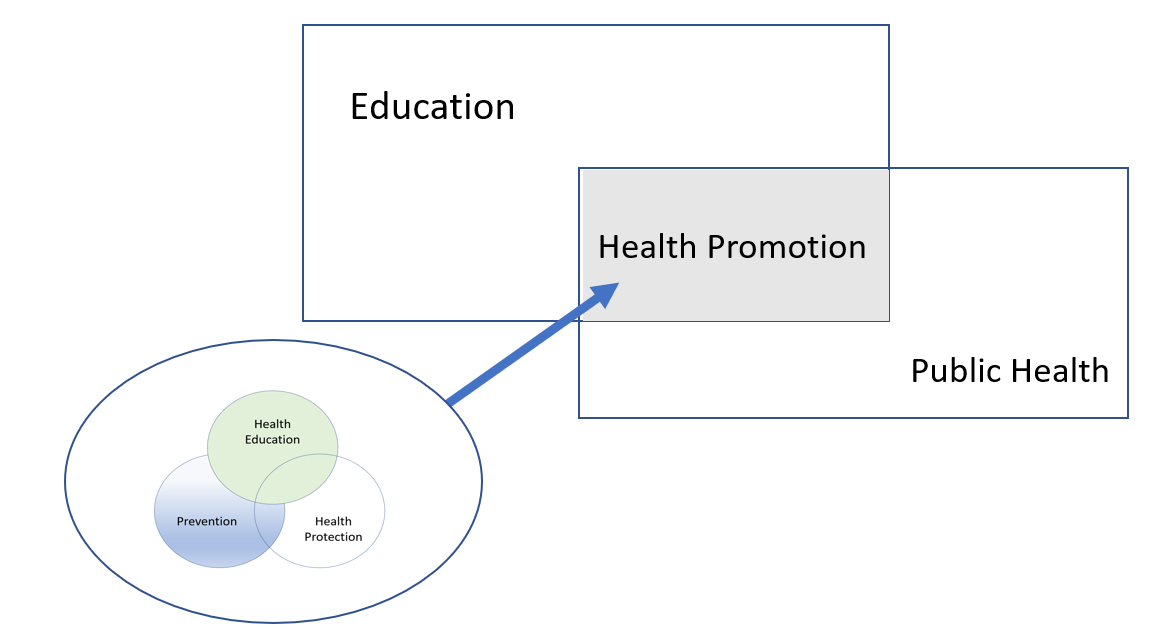 but also to how these terms relate to each other. Some use terms such as health education and health promotion interchangeably; others see them clearly as different concepts. The paper starts by outlining the authors’ understanding of these individual terms.
but also to how these terms relate to each other. Some use terms such as health education and health promotion interchangeably; others see them clearly as different concepts. The paper starts by outlining the authors’ understanding of these individual terms.
They suggest how the five principles of health promotion as outlined by the World Health Organization (WHO, 1984) fit into Tannahill’s (2009) model of three overlapping areas: (a) health education; (b) prevention of ill health; and (c) health protection. Such schematic overview places health education within health promotion and health promotion itself in the centre of the overarching disciplines of education and public health. The authors hope their article helps reduce confusion among all those interested in our discipline, including students, educators, journalists, practitioners, policymakers, politicians, and researchers.
CMWH
Reference:
- van Teijlingen, K. R., Devkota, B., Douglas, F., Simkhada, P., & van Teijlingen, E. R. (2021). Understanding health education, health promotion and public health. Journal of Health Promotion, 9(01), 1–7. https://doi.org/10.3126/jhp.v9i01.40957

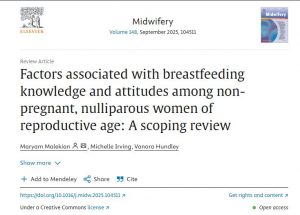 Malekian M, Irving M, Hundley V (2025) Factors associated with breastfeeding knowledge and attitudes among non-pregnant, nulliparous women of reproductive age: A Scoping review. Midwifery, vol 148, September, 104511
Malekian M, Irving M, Hundley V (2025) Factors associated with breastfeeding knowledge and attitudes among non-pregnant, nulliparous women of reproductive age: A Scoping review. Midwifery, vol 148, September, 104511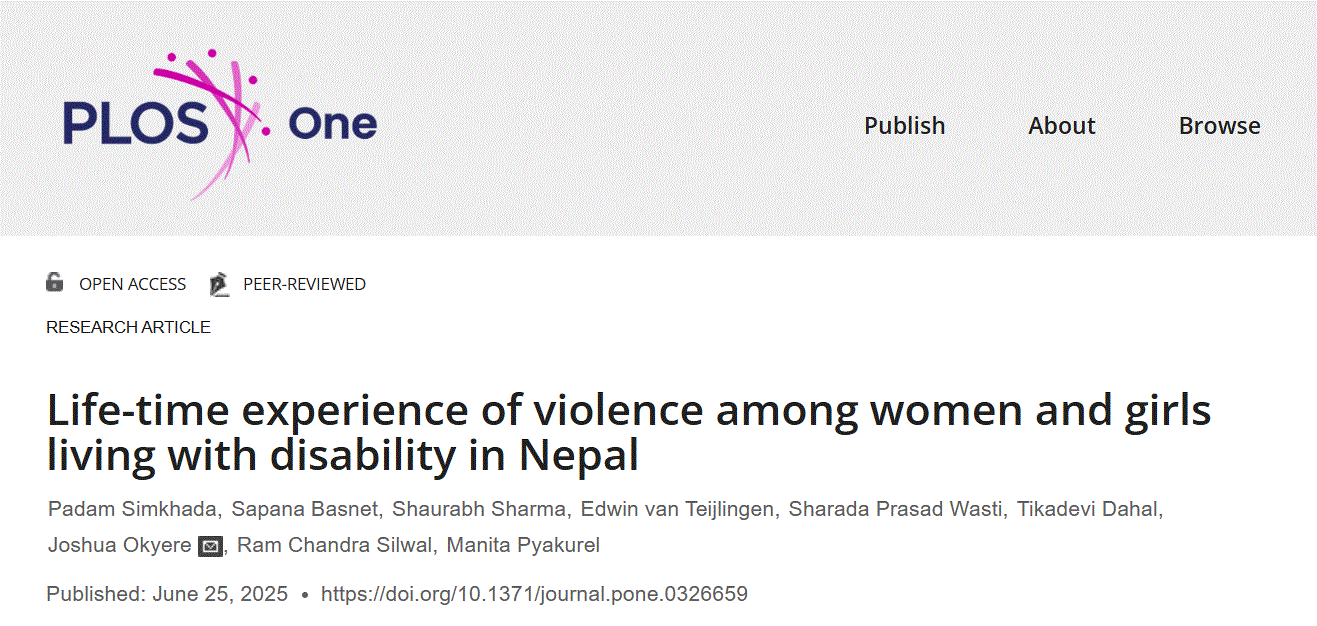
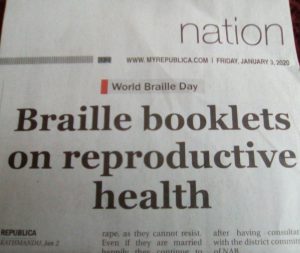
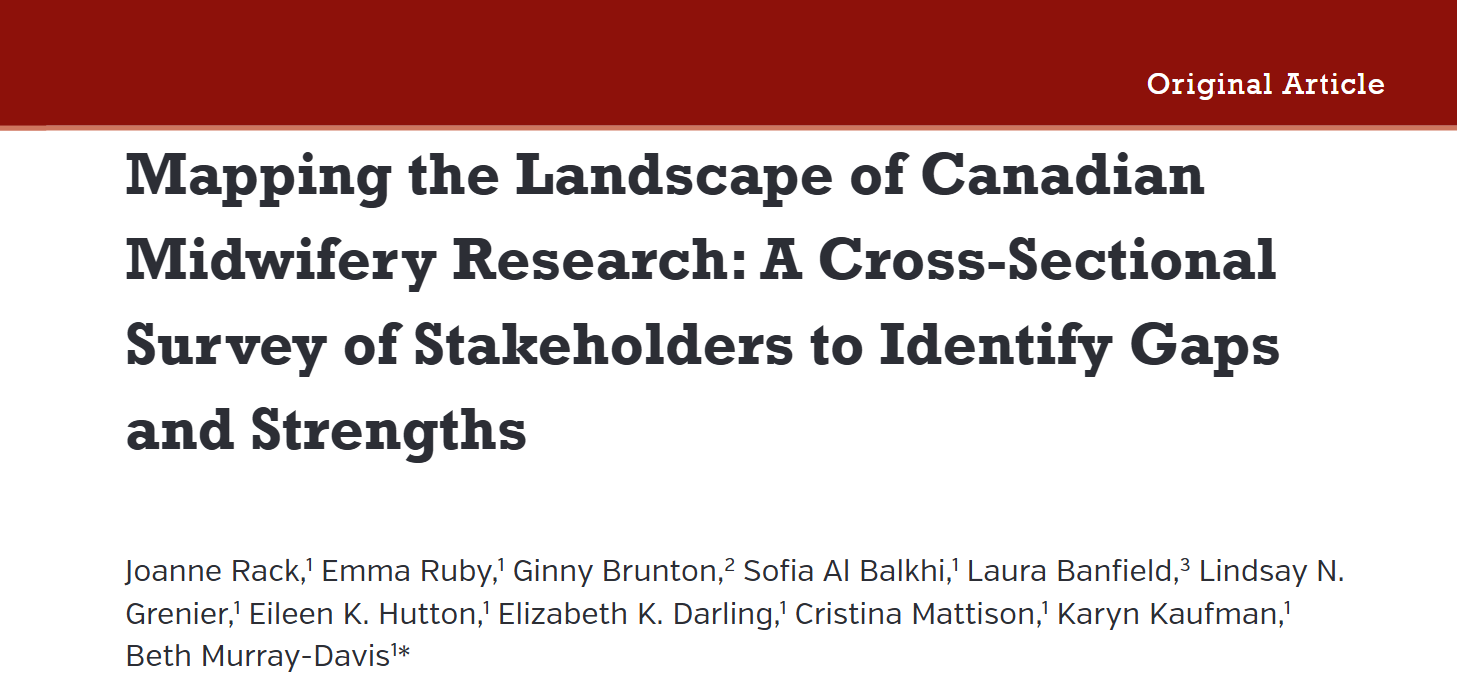


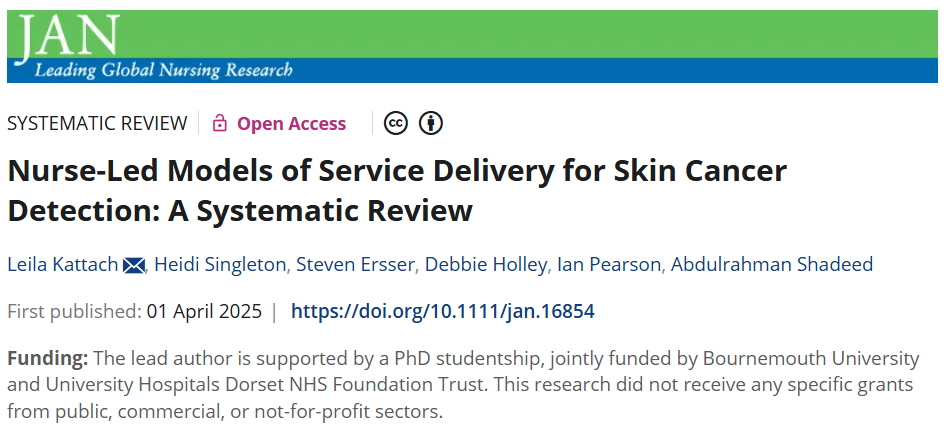

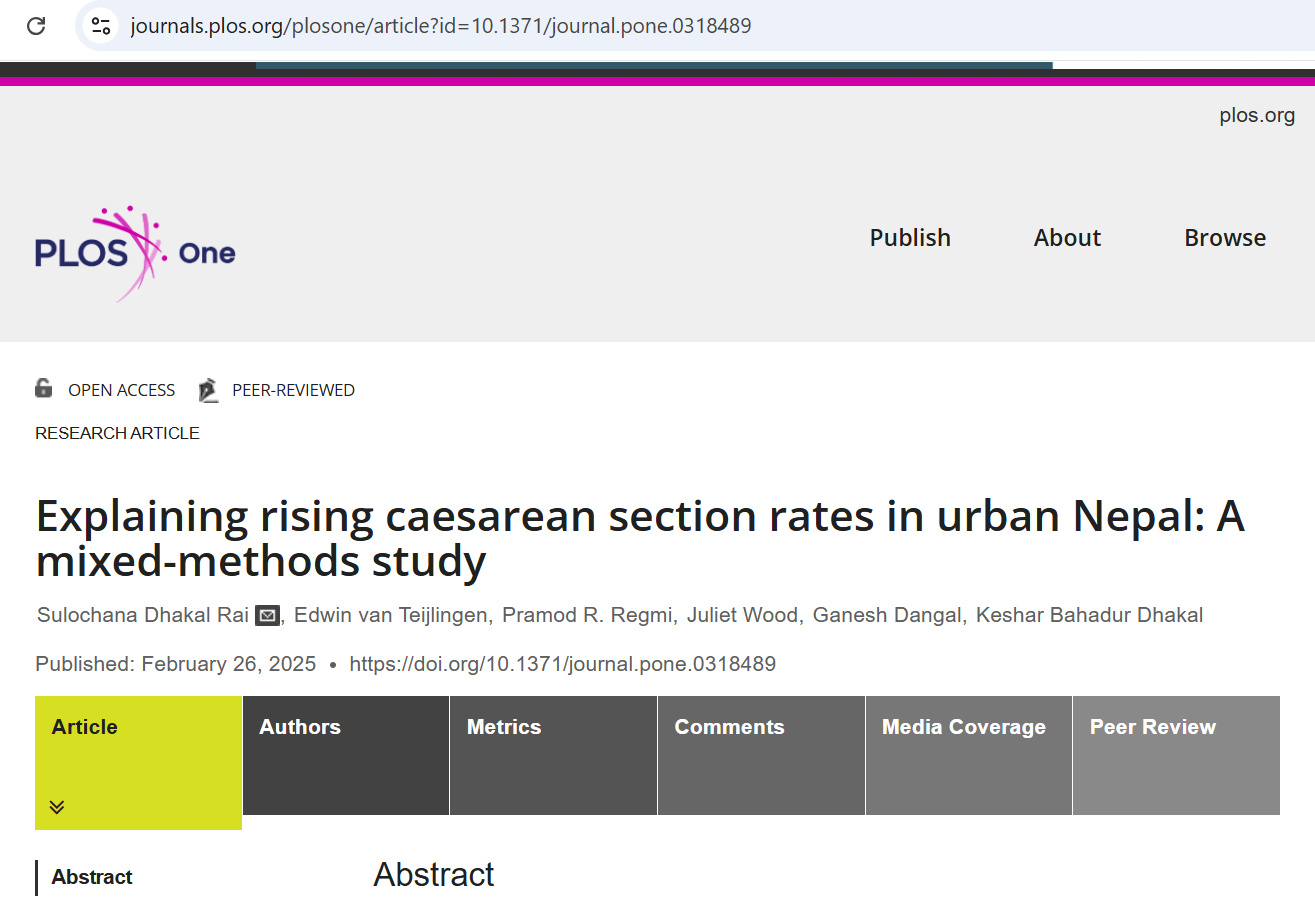
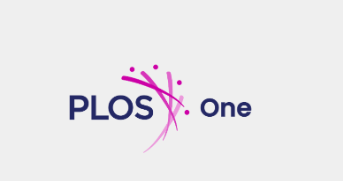

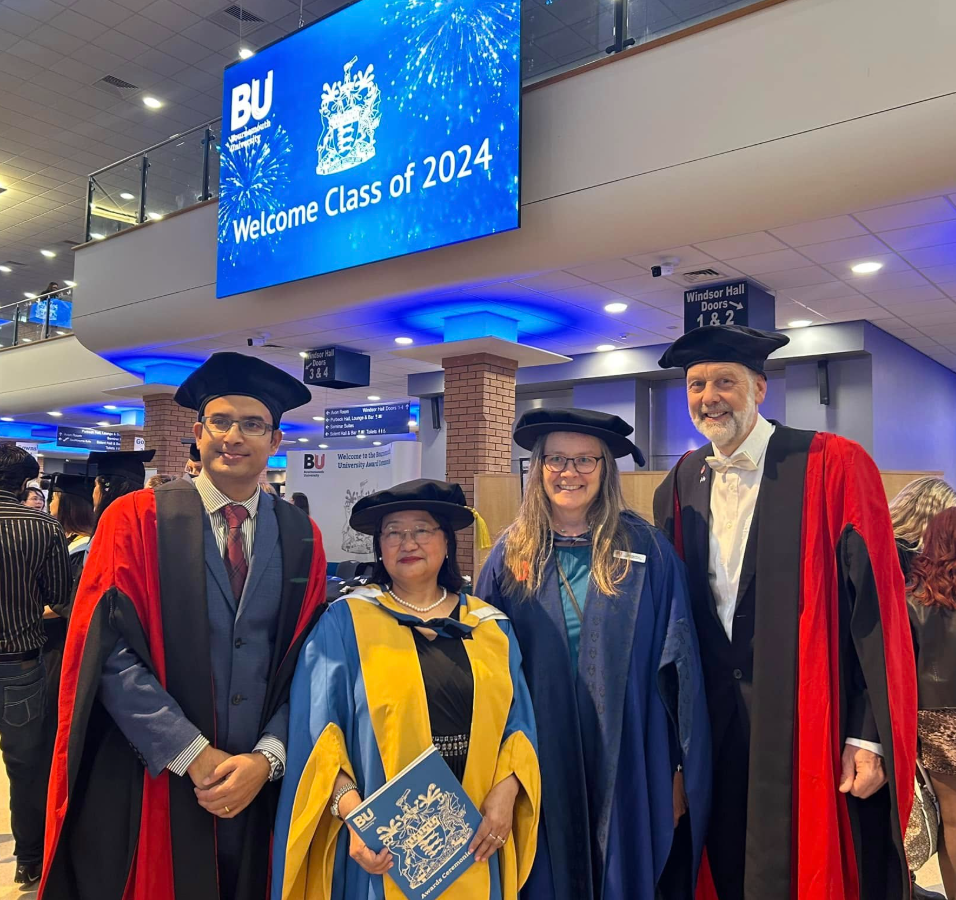

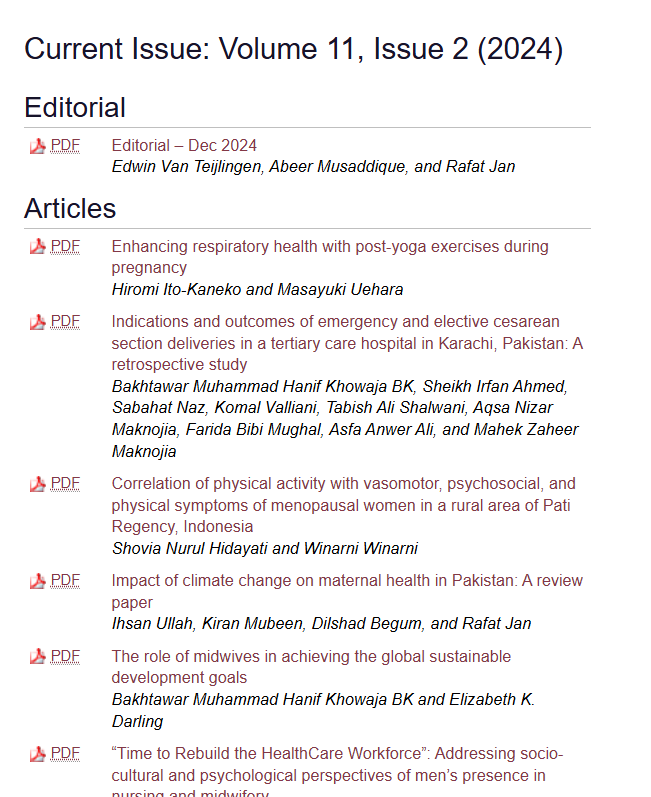
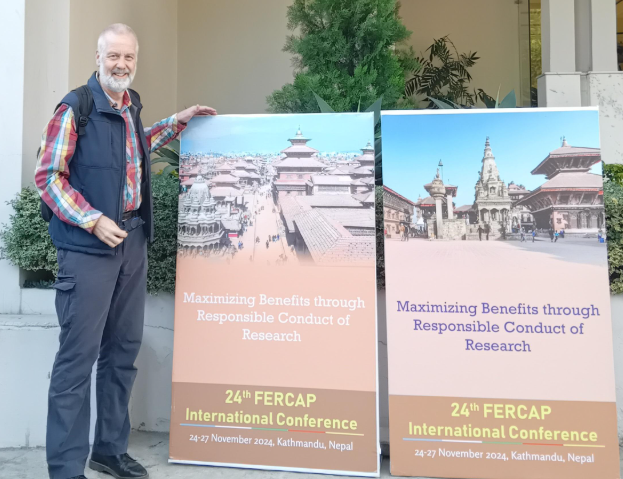
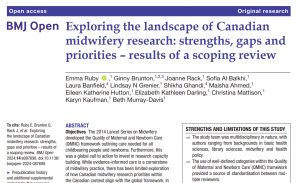

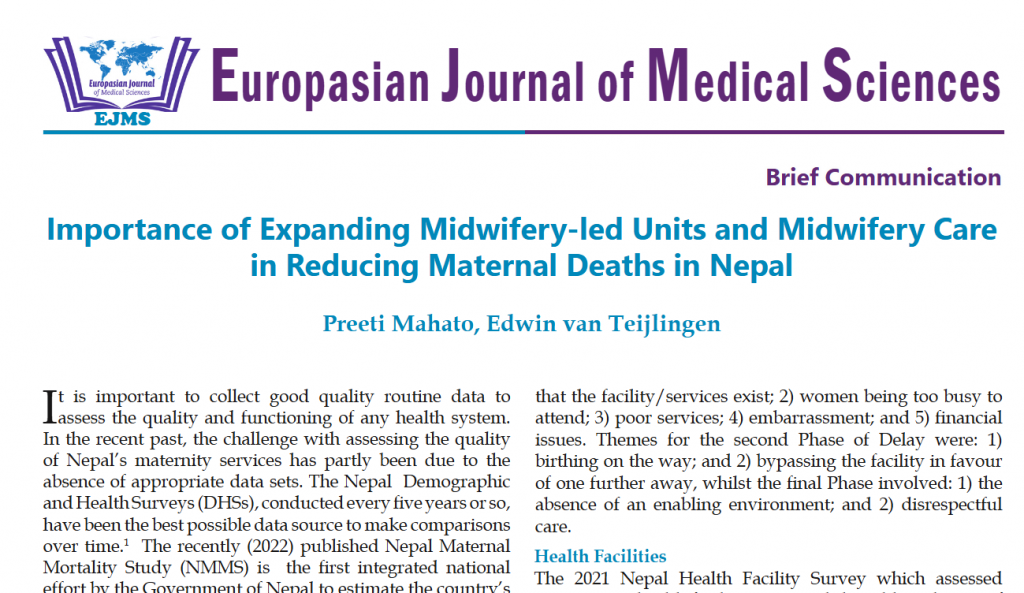
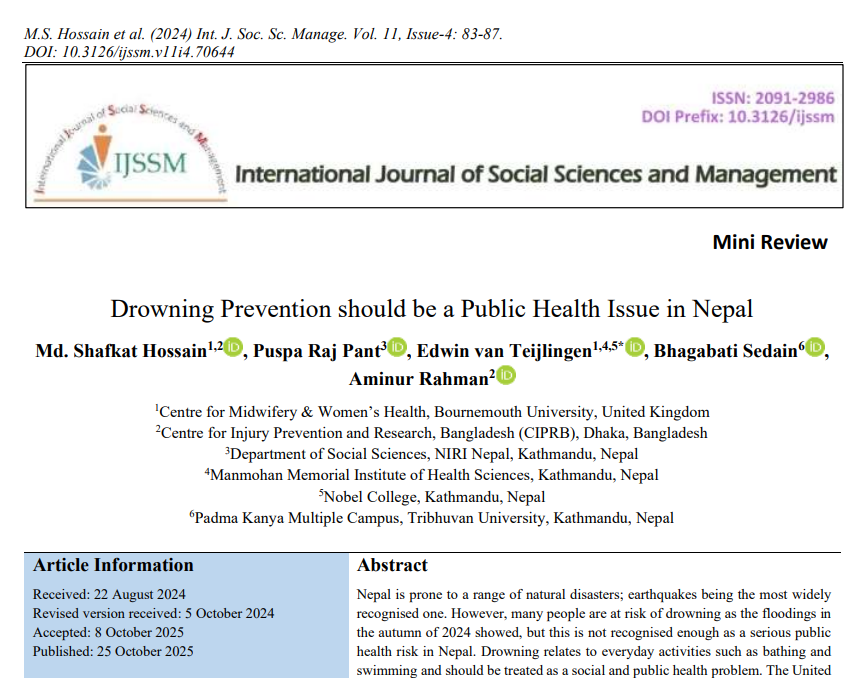
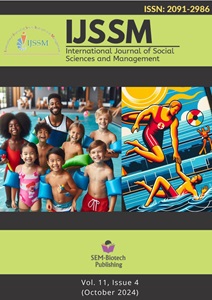

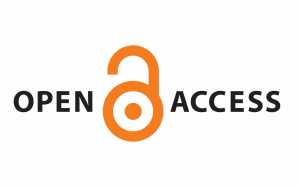 The REF (
The REF (

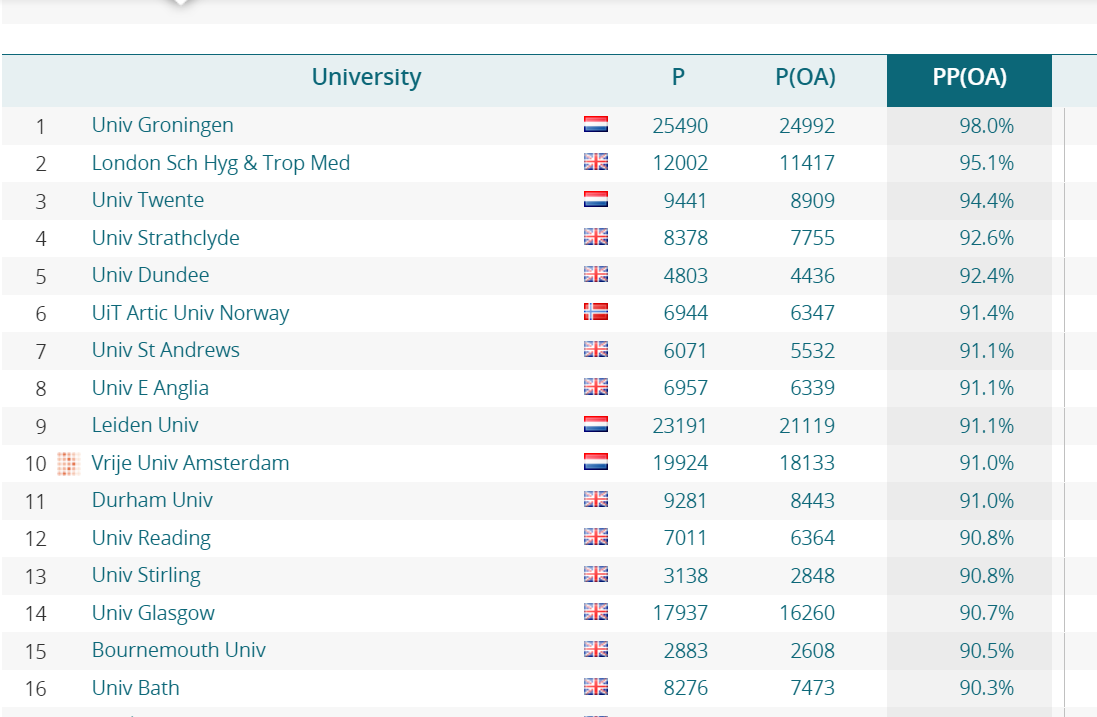
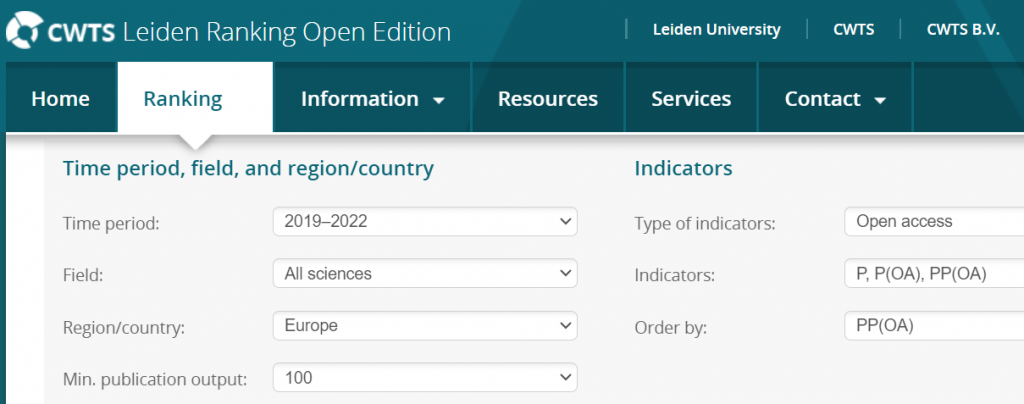












 REF Code of Practice consultation is open!
REF Code of Practice consultation is open! BU Leads AI-Driven Work Package in EU Horizon SUSHEAS Project
BU Leads AI-Driven Work Package in EU Horizon SUSHEAS Project Evidence Synthesis Centre open at Kathmandu University
Evidence Synthesis Centre open at Kathmandu University Expand Your Impact: Collaboration and Networking Workshops for Researchers
Expand Your Impact: Collaboration and Networking Workshops for Researchers ECR Funding Open Call: Research Culture & Community Grant – Apply now
ECR Funding Open Call: Research Culture & Community Grant – Apply now ECR Funding Open Call: Research Culture & Community Grant – Application Deadline Friday 12 December
ECR Funding Open Call: Research Culture & Community Grant – Application Deadline Friday 12 December MSCA Postdoctoral Fellowships 2025 Call
MSCA Postdoctoral Fellowships 2025 Call ERC Advanced Grant 2025 Webinar
ERC Advanced Grant 2025 Webinar Update on UKRO services
Update on UKRO services European research project exploring use of ‘virtual twins’ to better manage metabolic associated fatty liver disease
European research project exploring use of ‘virtual twins’ to better manage metabolic associated fatty liver disease